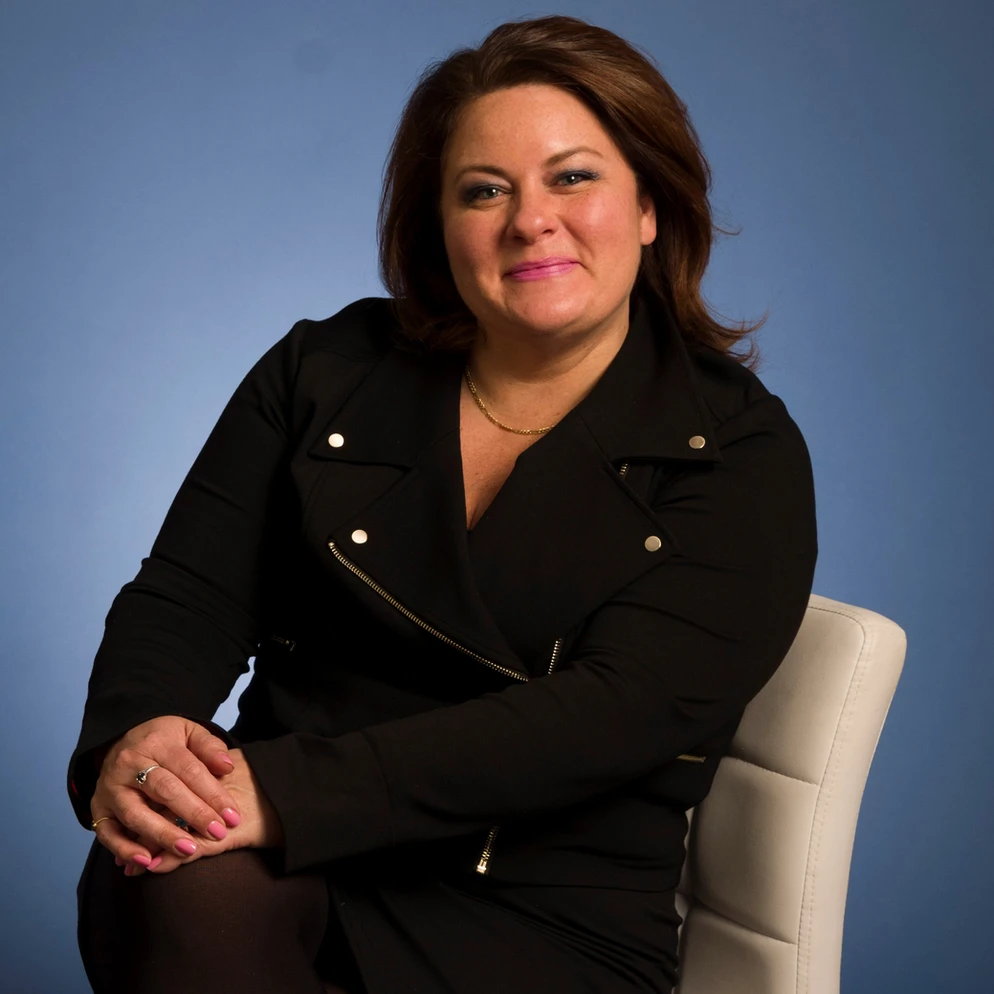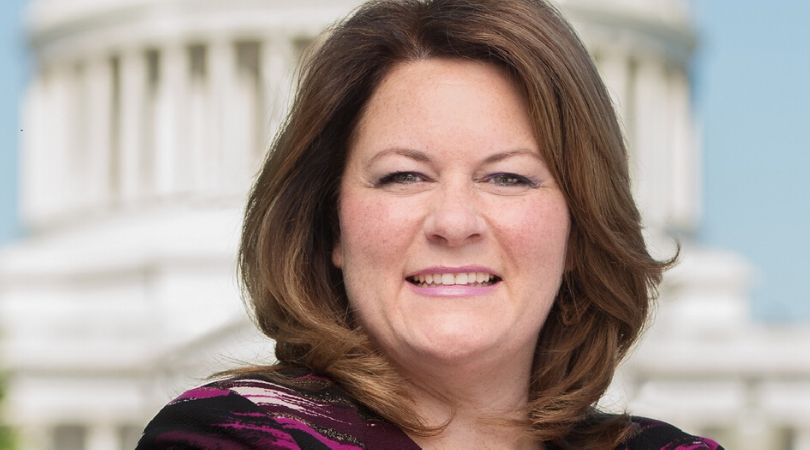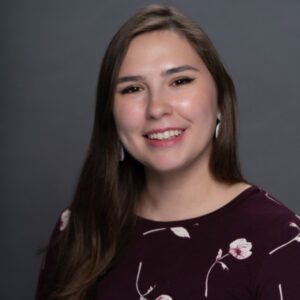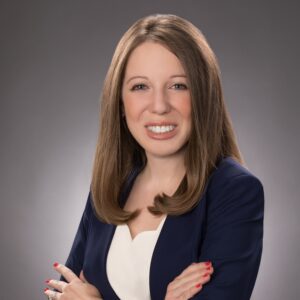
Jana Sanchez worked abroad for almost two decades, enjoying many European perks, like well-funded healthcare, transportation and education systems. It was not until Donald Trump’s victory in the 2016 Presidential Election that Sanchez ever considered becoming a candidate herself. Banking on the idea that a blue wave was coming, and that there were millions of women feeling the same way she was, she decided to make the ultimate sacrifice— running for office.
Sanchez was born in Fresno, California. Her family moved back to Ellis County, where her father’s family lived. Sanchez notes growing up poor certainly impacted her political perspective. Economics of poverty and immigration issues in particular spoke to Sanchez because her grandparents were migrant farm workers. They had a challenging life working in agriculture across the country – at times coming perilously close to starvation. All 17 children had to work in the fields to make ends meet. She also learned of the inherent unfairness between how men and women were treated. Sanchez’s aunts told her they had the responsibility of preparing, serving, and cleaning up after the boys of the house, in addition to working in the fields. Sanchez considers herself to have been a “feminist from a very young age” after hearing of her aunts’ upbringing.
While in high school, one of Sanchez’s teachers taught her more about the economics of poverty and highlighted issues in a different light. She jokes that this high school teacher turned her into a liberal. Sanchez praised many of her teachers growing up and considers them role models. When Sanchez was at Rice University working towards her political science degree, she again stood out as a liberal in a predominantly conservative environment. After working first as a political fundraiser in California, Sanchez worked as a journalist in London, and a foreign correspondent for Reuters in Amsterdam. Living abroad, she was not fully aware politically, of what was really going on in the states and had been shocked at the conservatism when she returned home in 2015. However, she was devastated by Trump’s victory, mainly because of his antiimmigrant stance and hysteria that followed. Sanchez stayed up all night on November 8th 2016, when Trump was elected. In the morning, she called a friend involved in politics, and asked what she could do to protect our democracy. Her friend told her that her best course of action would be to run for office. Dubiously, Sanchez accepted her call-to-action.
Although she never intended to run for office, Sanchez believed she could win a congressional seat for a few reasons. She lived in Waxahachie at the time and noticed previous candidates for the district had not raised much money, nor had there been a competitive race in some time. Plus, Sanchez has a background in fundraising. She moved to California after college and fell into political fundraising by accident. She started off raising money for Leo McCarthy, the Lieutenant Governor. After fundraising for several candidates, Sanchez understood what it took to raise capital. She also recognized that raising money is the most important job of a candidate, which helped her as she ran for office. Although she did not come out victorious, Sanchez moved Texas’s Sixth Congressional District 11 points to the left. Sanchez’s congressional race was also featured in the documentary Surge, along with two other women candidates running in the 2018 midterms.
Sanchez ran again for the same district earlier this year, in a special election. She received the third most votes and missed a spot in the runoff election by a mere 354 votes. She believes it is paramount that women keep running for office, even if they lose. Even though she says being a candidate was the hardest thing she has ever done, she wants to instill in future candidates that the races get easier because you learn so much each time. She has also built a name for herself running in two cycles, and a wealth of knowledge and experience. She believes if the opportunity to serve and represent people is available, you must act on it. Sanchez adds she has one more race left in her but will be very selective next time she runs.
Sanchez says the greatest issue to her community is ensuring the US remains a democracy. Specifically, that every person retains their right to vote in elections, and the voting process remains simple and equitable for all. She also advocates for healthcare, education, and women’s equality. She was not aware of how much the US had regressed as a country when she was living abroad. Further, she is horrified by the magnitude of antiwomen laws the Texas Legislature is pushing. Sanchez is also concerned about education in the US and does not want to see our public education system be replaced by a private, for-profit system. She also considers it an advantage having lived in two countries with universal health care because it helps her be persuasive on her stance on healthcare in the US.
Now, Sanchez is rebuilding her PR business where she helps authors with media coverage and speaking engagements. She also recently rejoined Tarrant Together and is serving as an interim president. The group focuses on voter registration and ensures Democrats get out and vote in all elections.
The advice Sanchez has for the next generation of women+ is, “Wake up, go out and fight. Fight for your rights because you are on the cusp of losing them. The last four years have not safeguarded us. Women have to run for office, register voters, become precinct chairs, activists, and participate fully in democracy. It is not enough to vote. The more women who run for office, the more who will win and the closer we will get to parity.”




